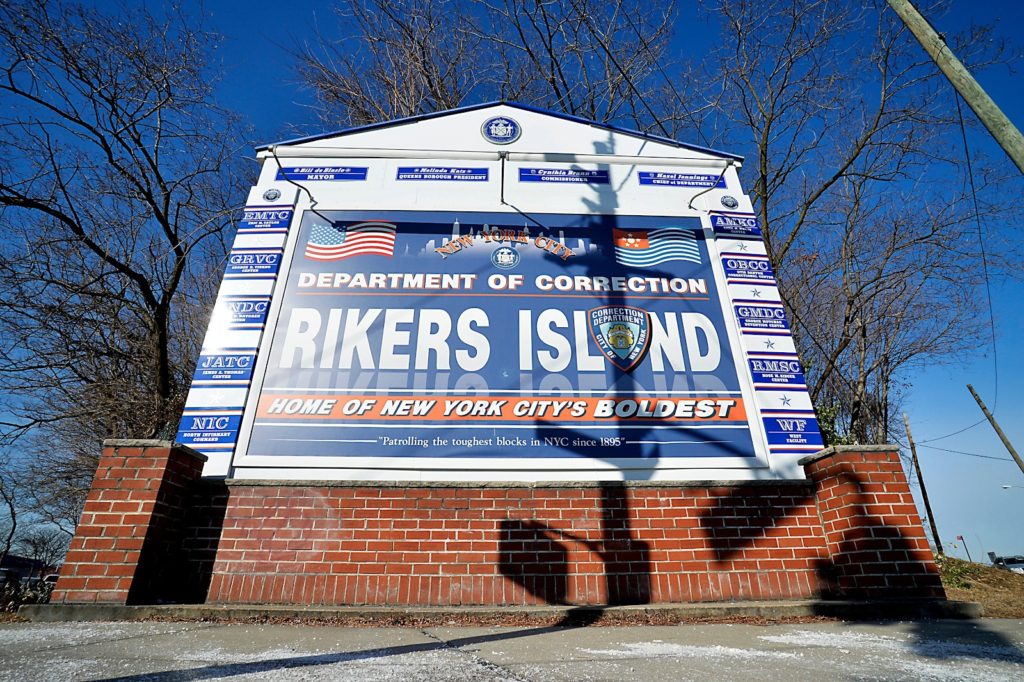
The Merriam-Webster dictionary defines a ‘budget’ as “a plan for the coordination of resources and expenditures.” Unfortunately, New York State is either illiterate or willfully ignorant. I will not pass that judgement specifically. However, while the $175 billion dollar budget signed by Governor Andrew Cuomo ostensibly serves this purpose, many of New York’s politicians viewed this occasion as an opportunity to pass legislative items that may otherwise fail if proposed as distinct pieces of legislation.
To do so would require more rigorous debate, and the explicit endorsement of the bill by both the New York State Senate and the State Assembly. Clearly, for politicians like Governor Cuomo, this is an insurmountable task. Fiscal Year 2020 was no different. Among other legislative items passed, Governor Cuomo passed a variety of criminal justice reform measures, including bail reform. The debate surrounding bail reform, however, attracted only moderate media coverage and little fanfare.
Apparently, this is also true when governing a rare and serendipitous Democratic trifecta. Indeed, Albany’s current political climate was almost designed for debates over progressive reforms. For the third time in the last 50 years, Democrats control all three branches of the state government.
Some might argue that this speaks to the inefficacy of the statute. Critics from both sides wage that it is inherently flawed. Depending on your political ideology, the reforms passed are either woefully inadequate or wanton affronts to public safety. Many criminal justice reformers, like the Legal Aid Society, advocated for the abolition of cash bail. Governor Cuomo’s bill preserves it, but only for certain offenses. According to the Speaker of the Assembly Carl E. Heastie, cash bail will be abolished for about 85 percent of people arrested in the state.
But pretrial release inspires fear, particularly among prosecutors. In an editorial for the Daily News, Bridget Brennan, a special narcotics officer from New York City, vigorously argues against the reforms. Brennan claims that the governor’s reforms will allow thousands arrested for top-level narcotics crimes to be released without bail, and without adequate supervision to ensure that they return for their trial date.
Both sides are discontent. Both sides are convinced that their conception of reform advances justice for New York. Both sides claim that we have failed.
Prosecutors like Brennan invoke the opioid crisis and ask for justice for the New Yorkers who have died as a result of it and why these reforms ignore the poignancy of non-violent crime.
Criminal justice reformers remind us of boys like Kalief Browder, who, just at the age of 16, was arrested and unable to pay bail, was held at Rikers Island for three years pretrial only to have charges dropped. Dropping charges, however, did not erase the anguish imposed by pretrial detention. Browder committed suicide shortly after his release.
These arguments bombard us with more questions than answers. They invite—no, urge—more debate, more conversation, and more coverage than what this shoddy process of governing has permitted.
Questions like, “Whose life and history do we value more?” or “What do we owe to communities affected by drug addiction?” are uncomfortable precisely because they are consequential.
The legacies of drug crises, policing, and the criminal justice system itself will persist. They will reemerge and reinstate itself into our discourse. And, for those who do not have the privilege to ignore its realities, the discourse will never cease.
Eve Passman



